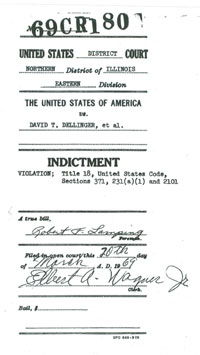

Roosevelt about this in the White House, on September 27, 1940, but without success.

Philip Randolph confronted President Franklin D. Second, the law also contained a provision forbidding race discrimination in the draft, which was never enforced. Some staged hunger strikes in prison, protesting and successfully ending race discrimination ( August 11, 1943) and censorship in the prisons ( September 29, 1943). The law created two civil liberties problems.įirst, although the law contained provisions for conscientious objection that were more generous than the World War I law, thousands of young men nonetheless refused to cooperate with the draft and went to prison. involvement in the wars in Europe or Asia. The first peacetime draft in American history took effect on this day as part of preparedness for possible U.S.


 0 kommentar(er)
0 kommentar(er)
